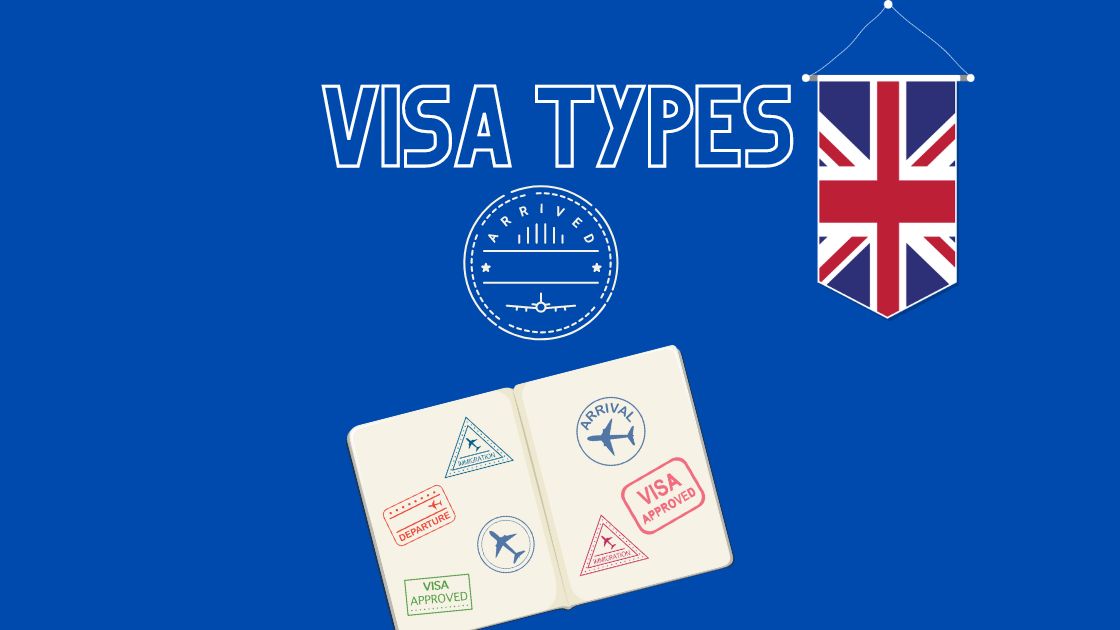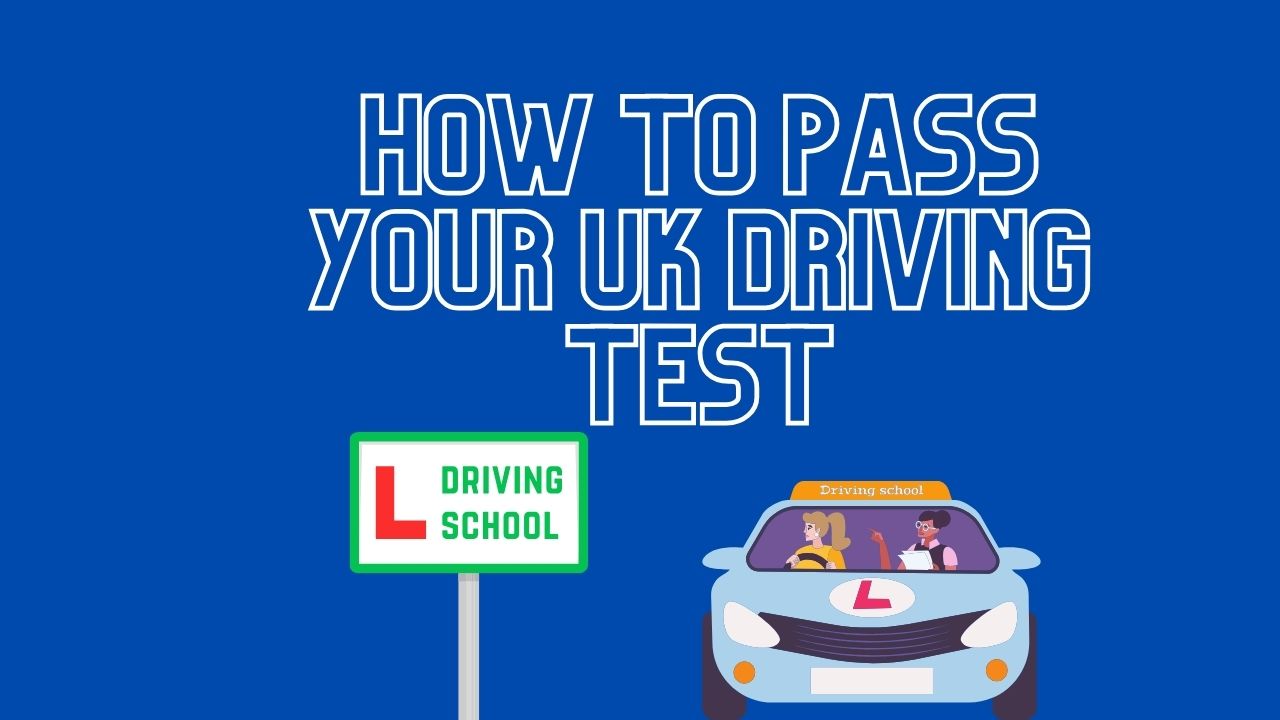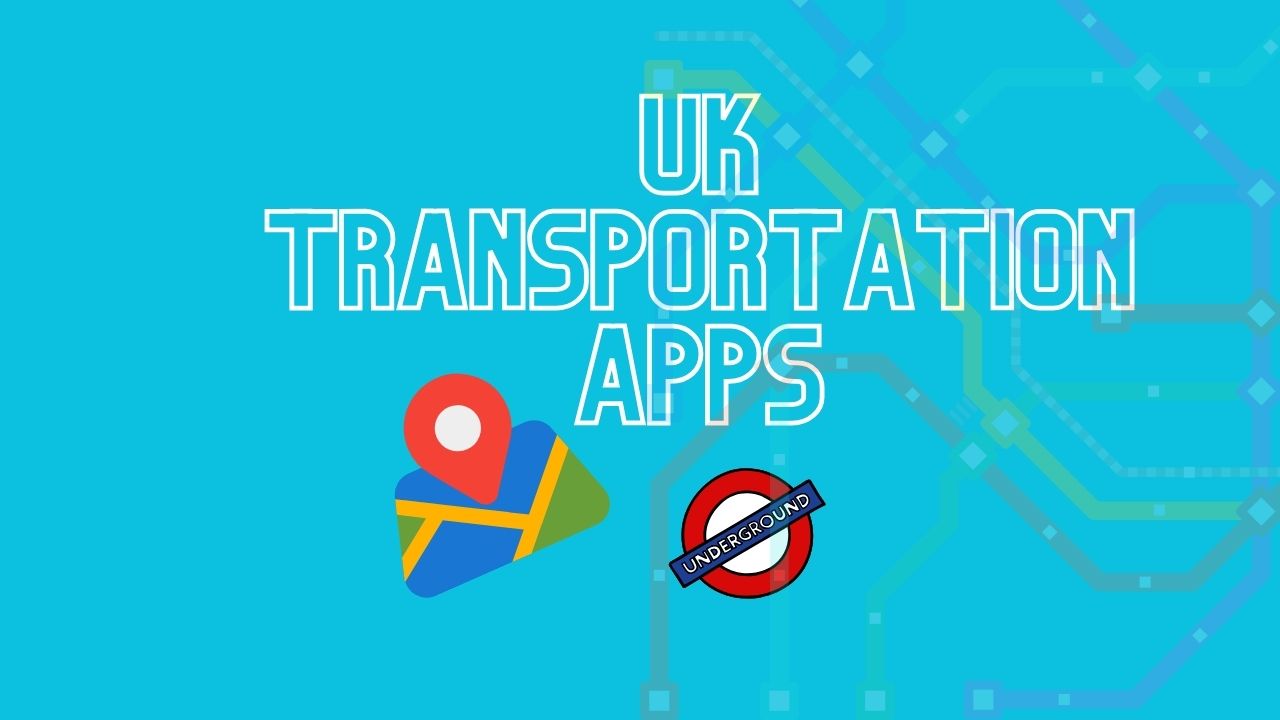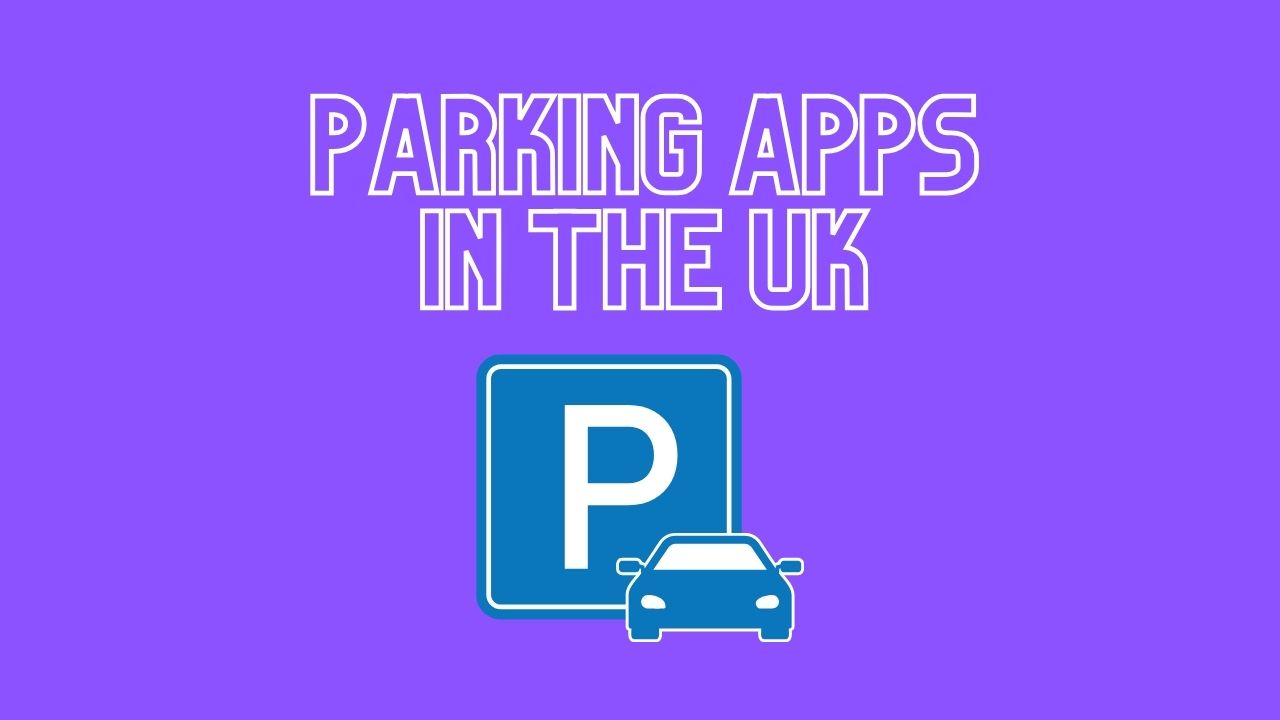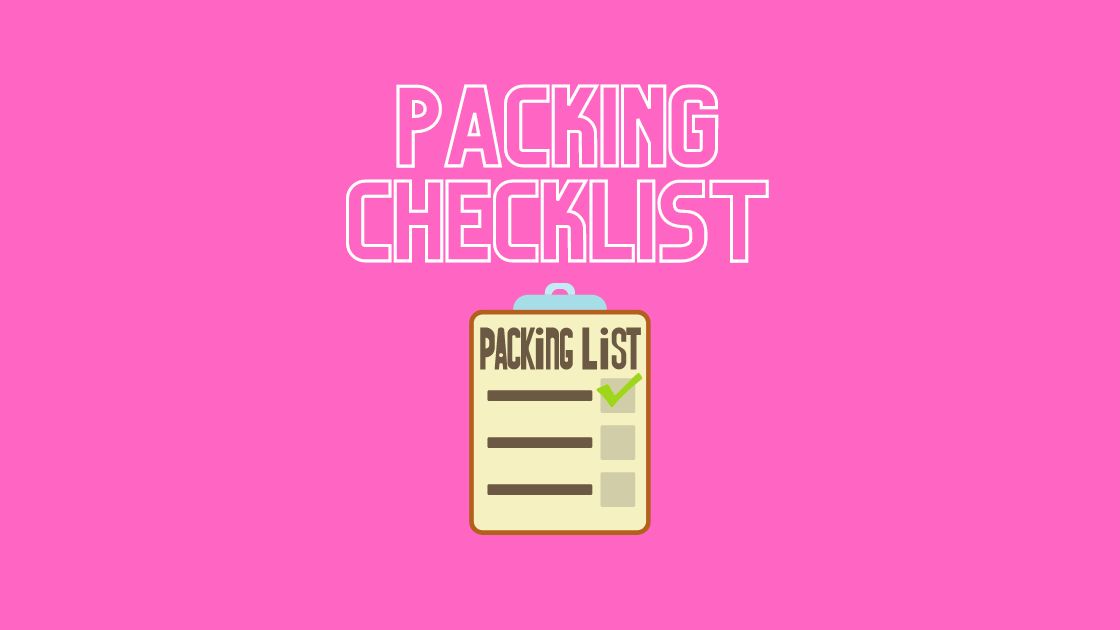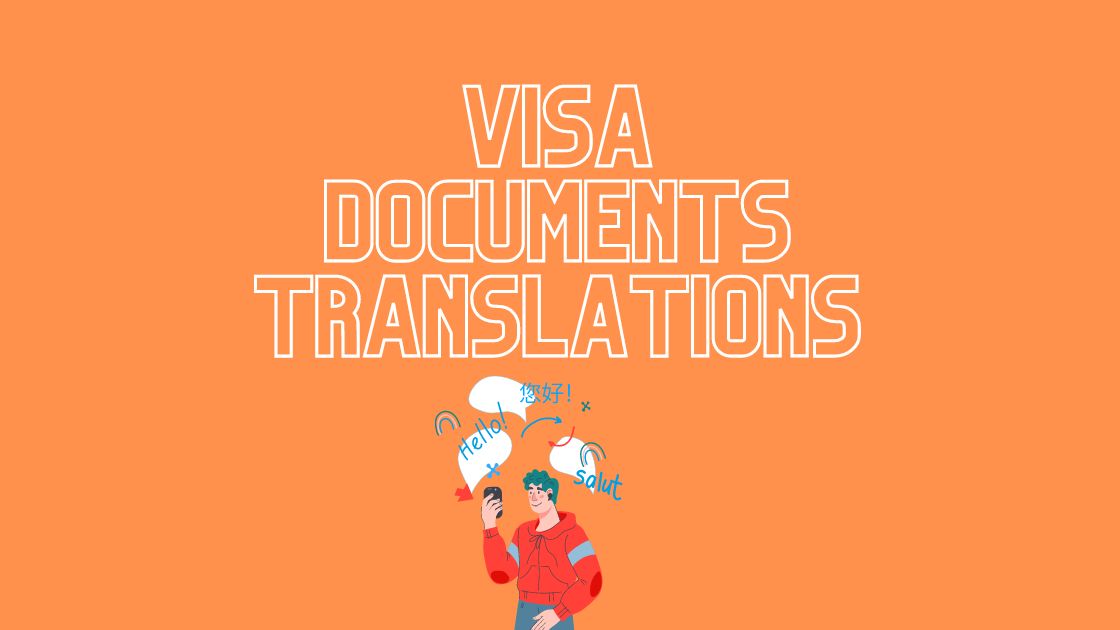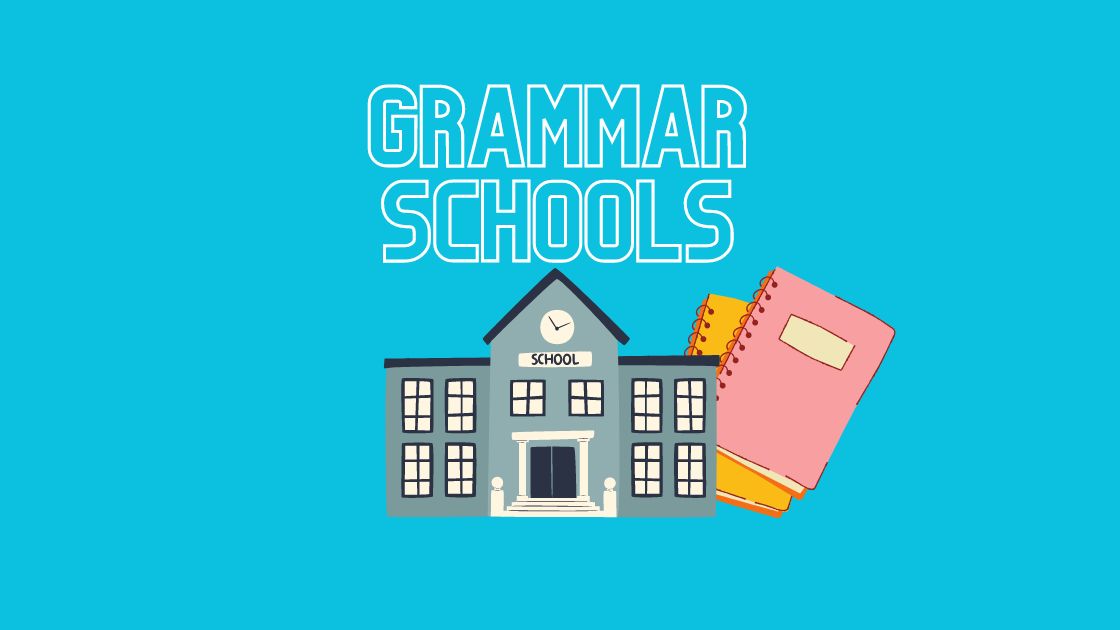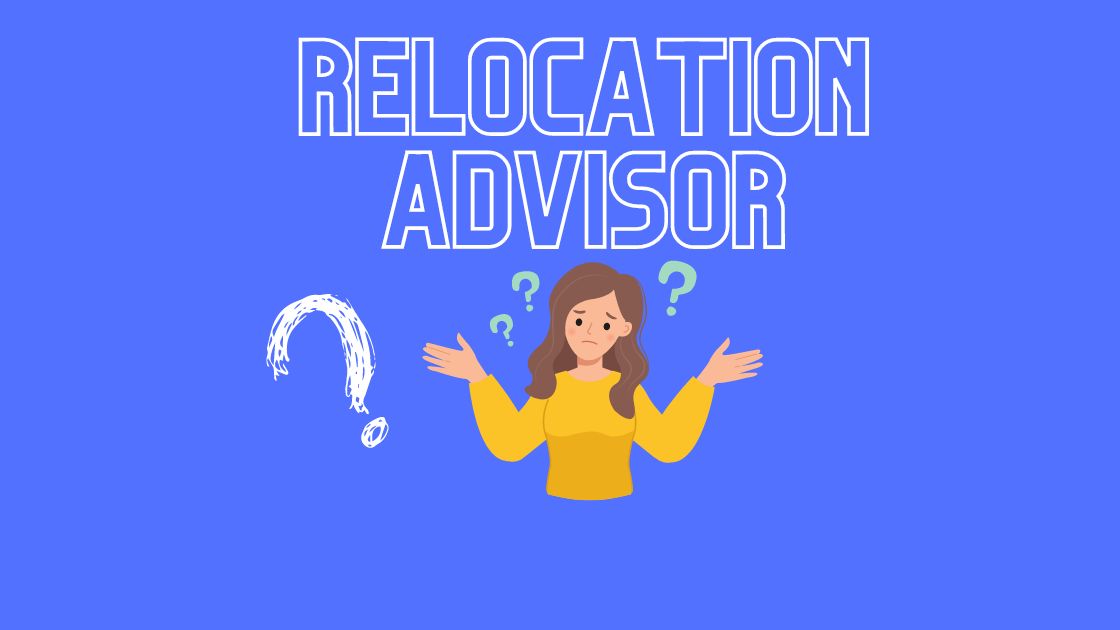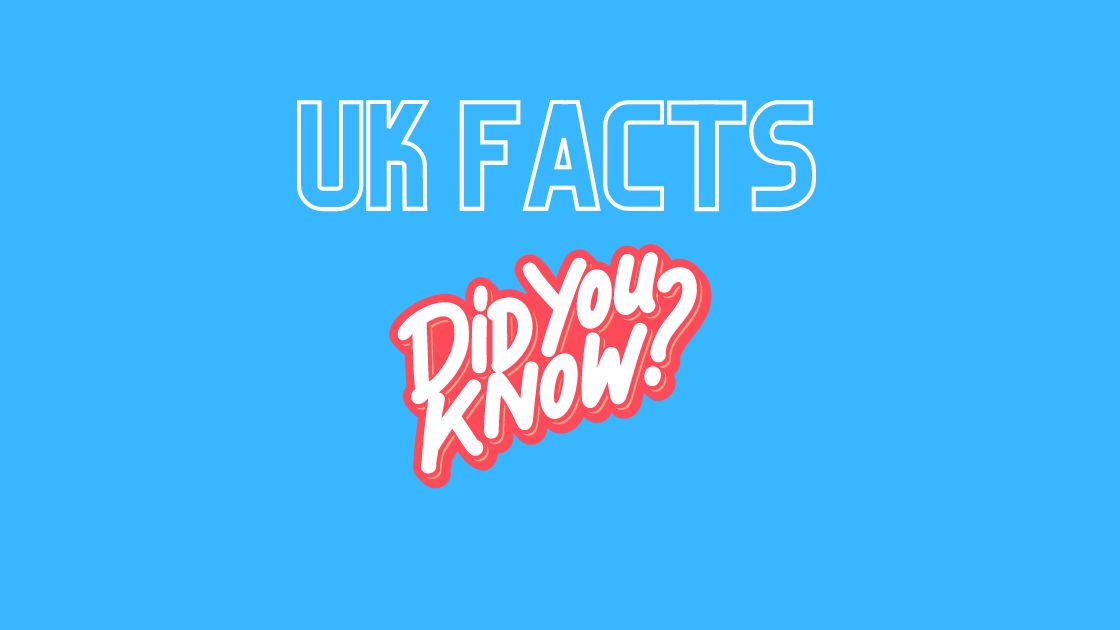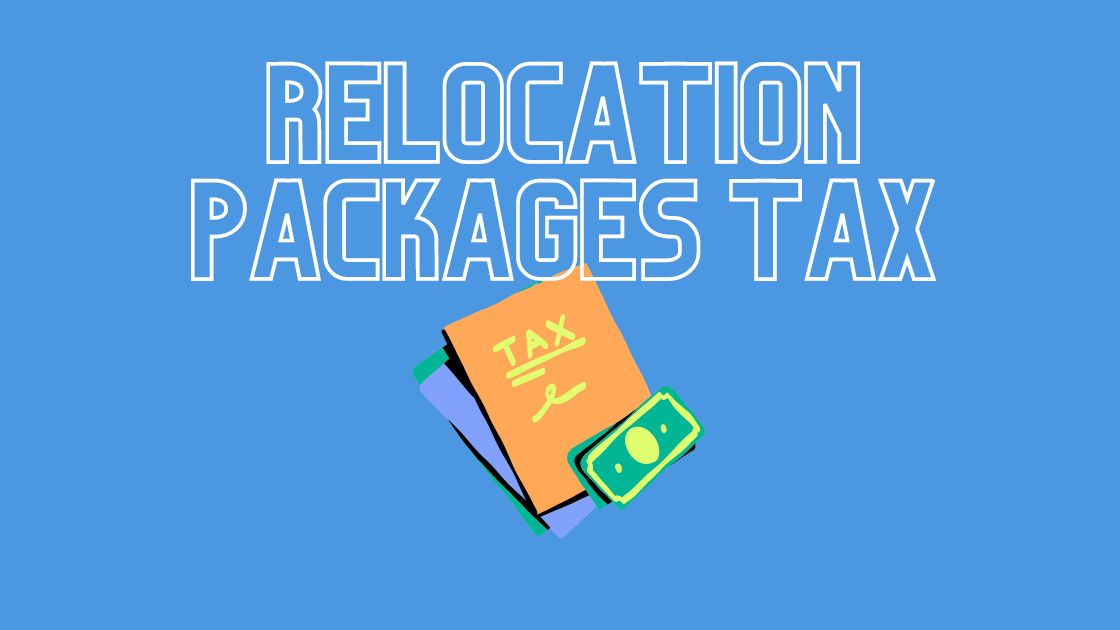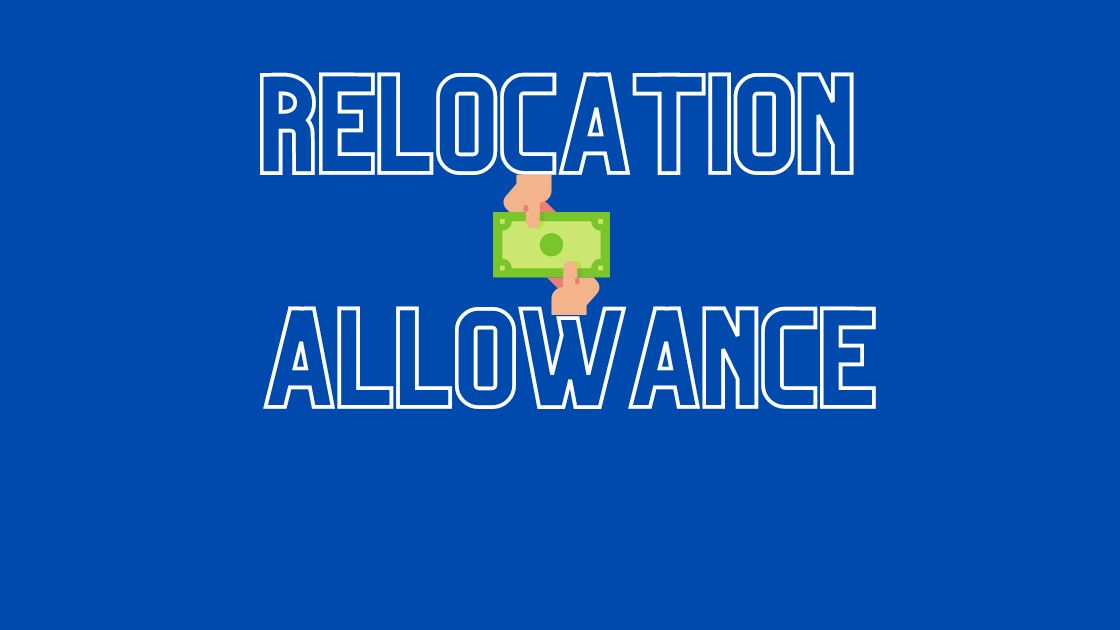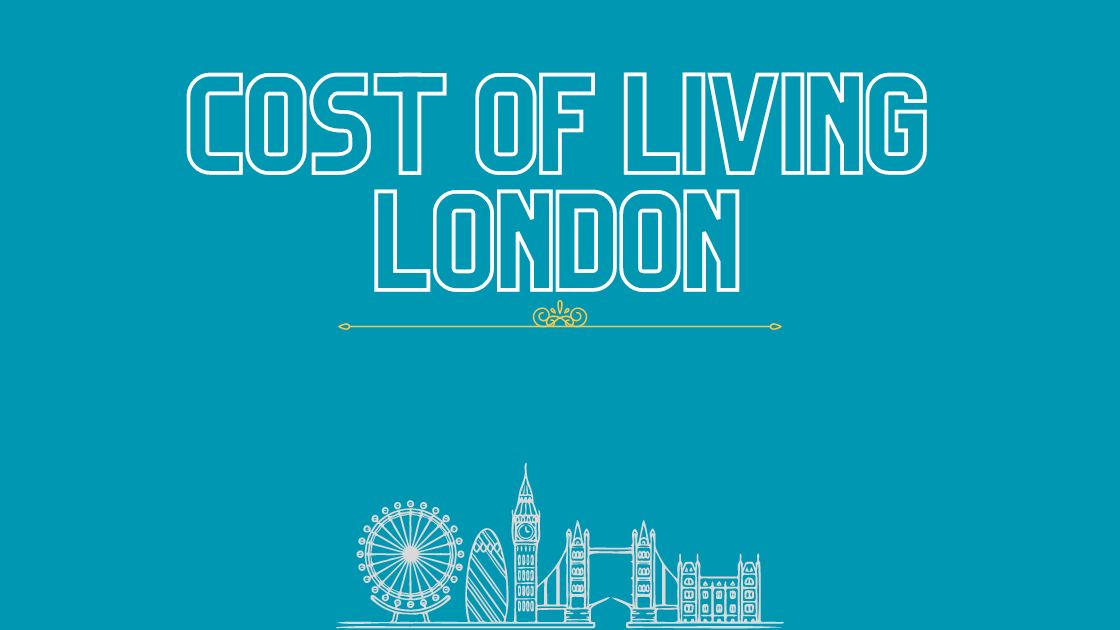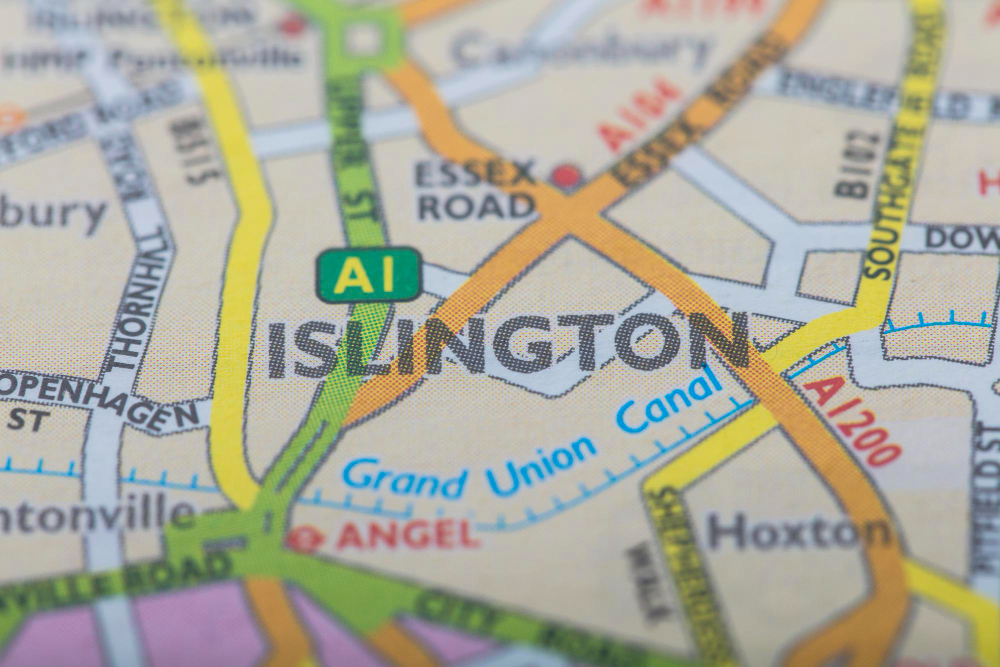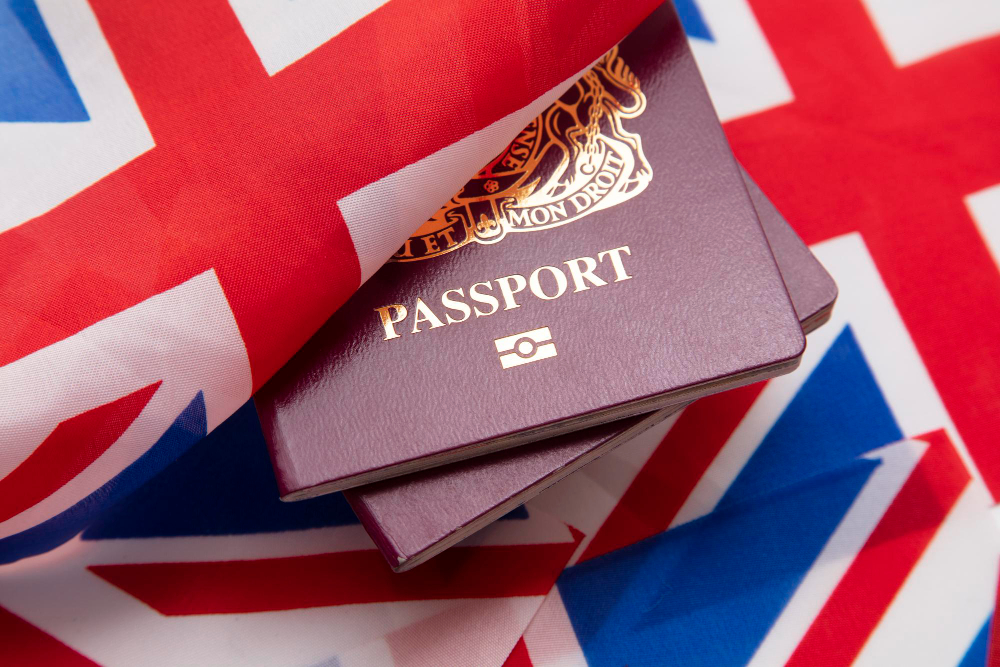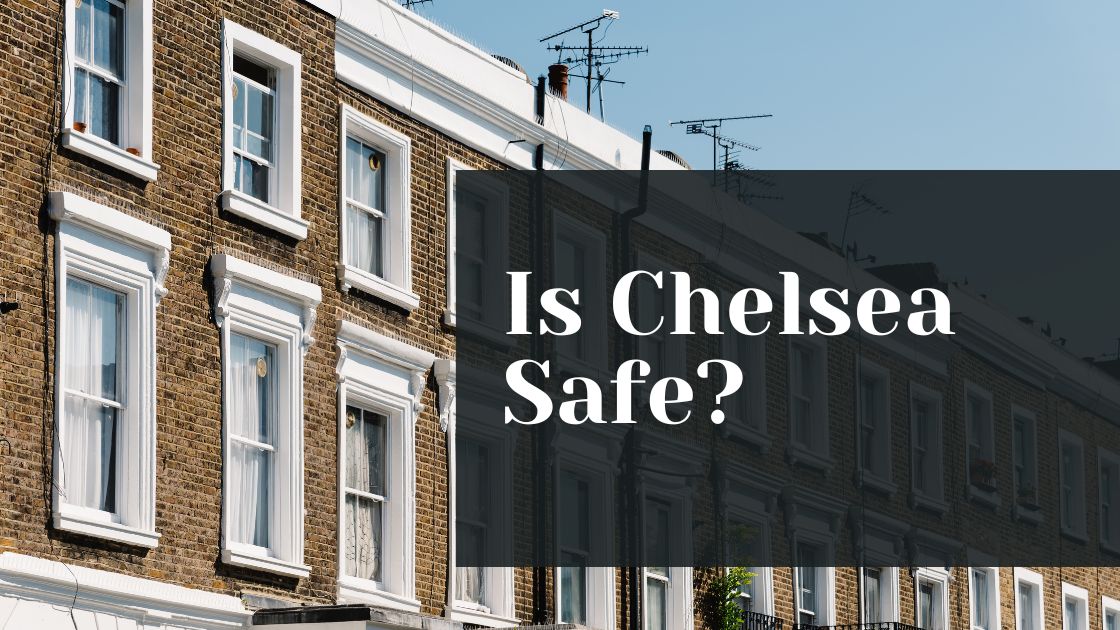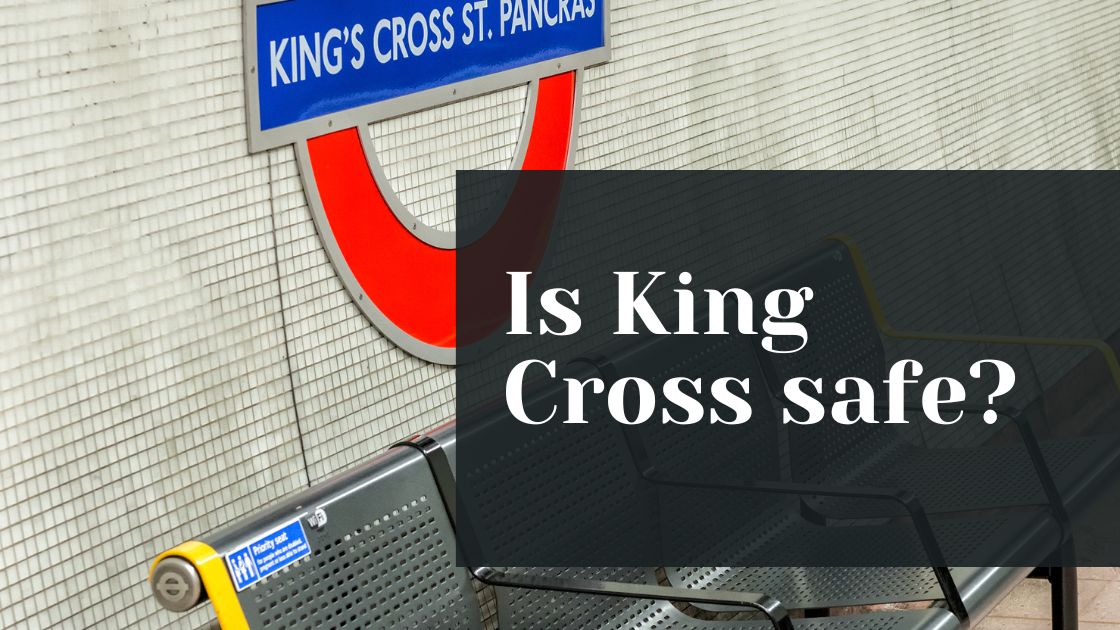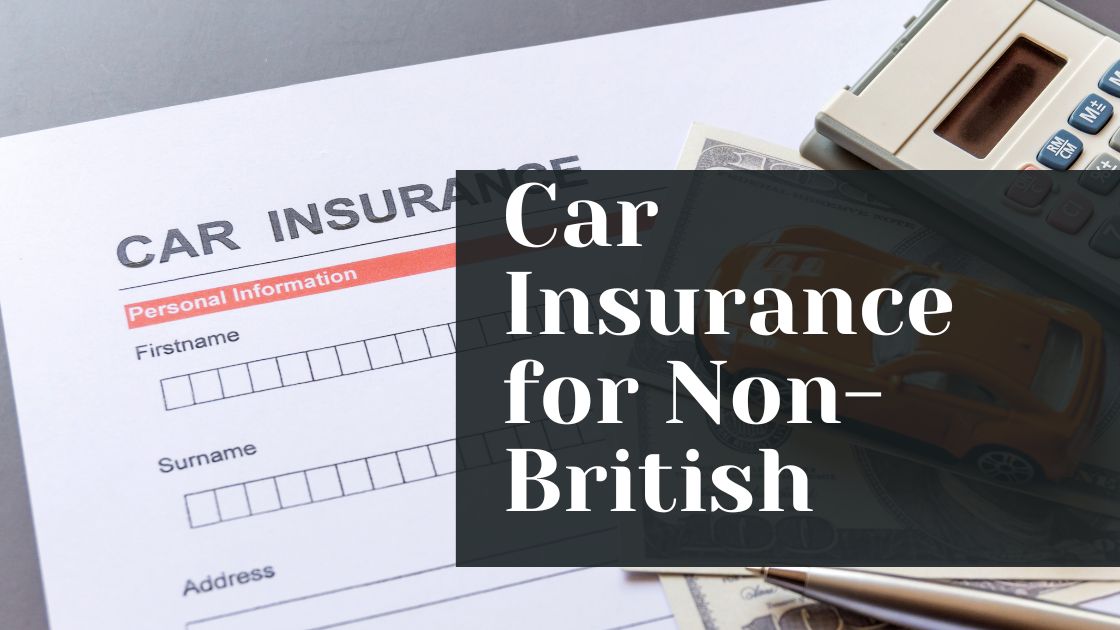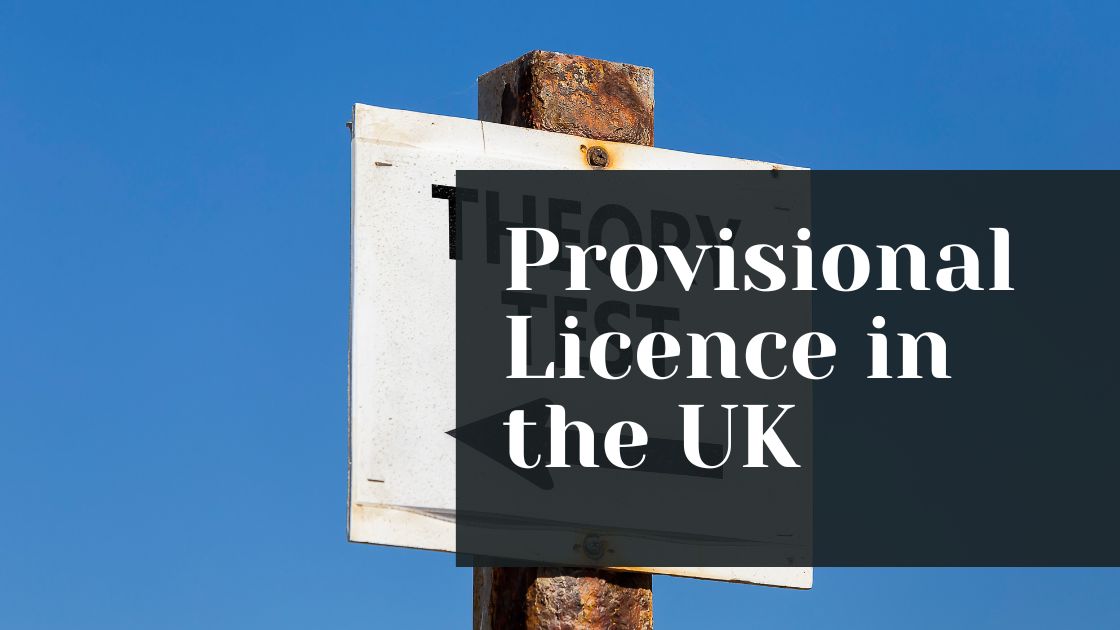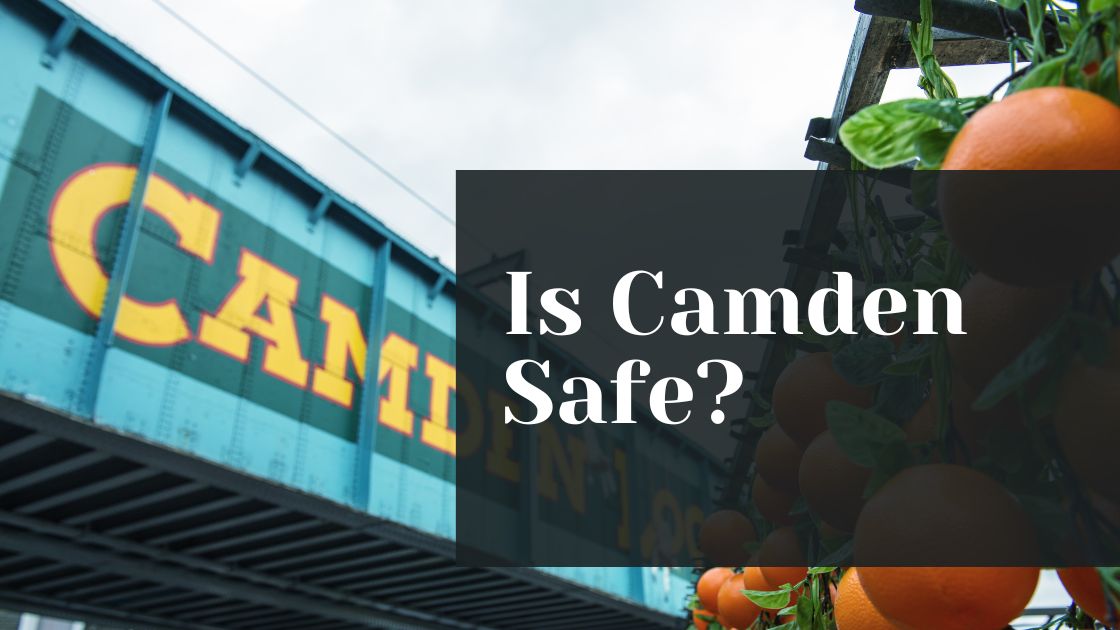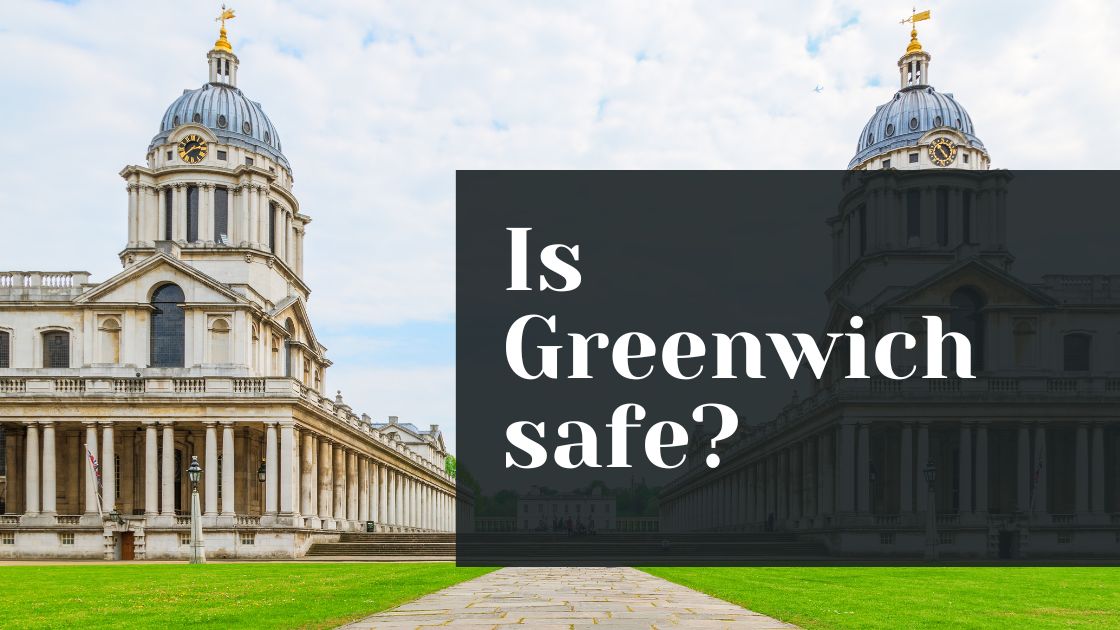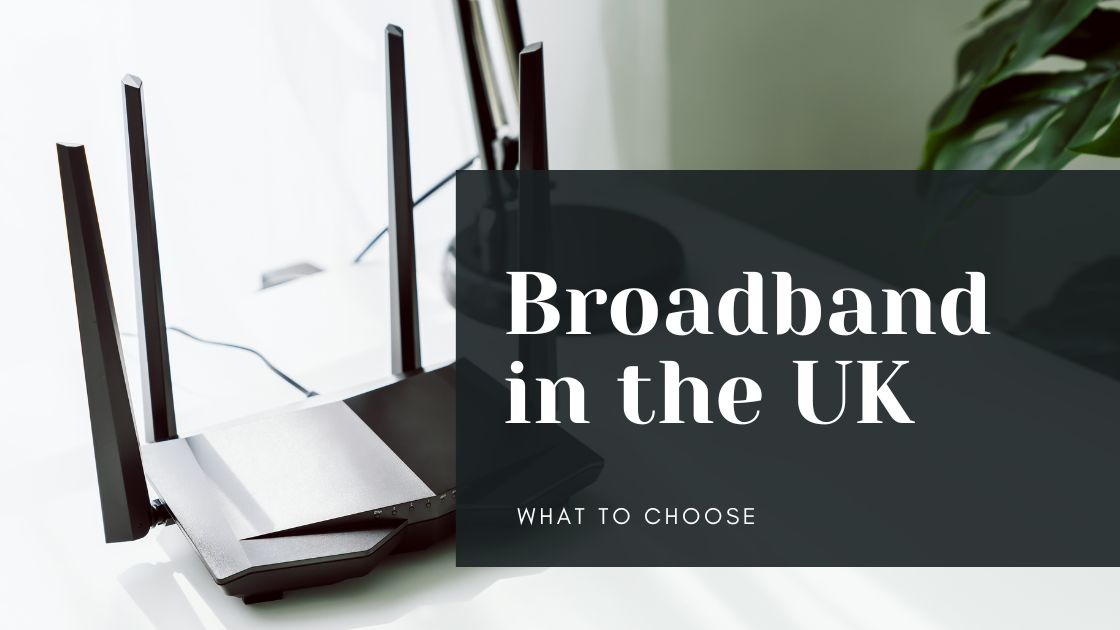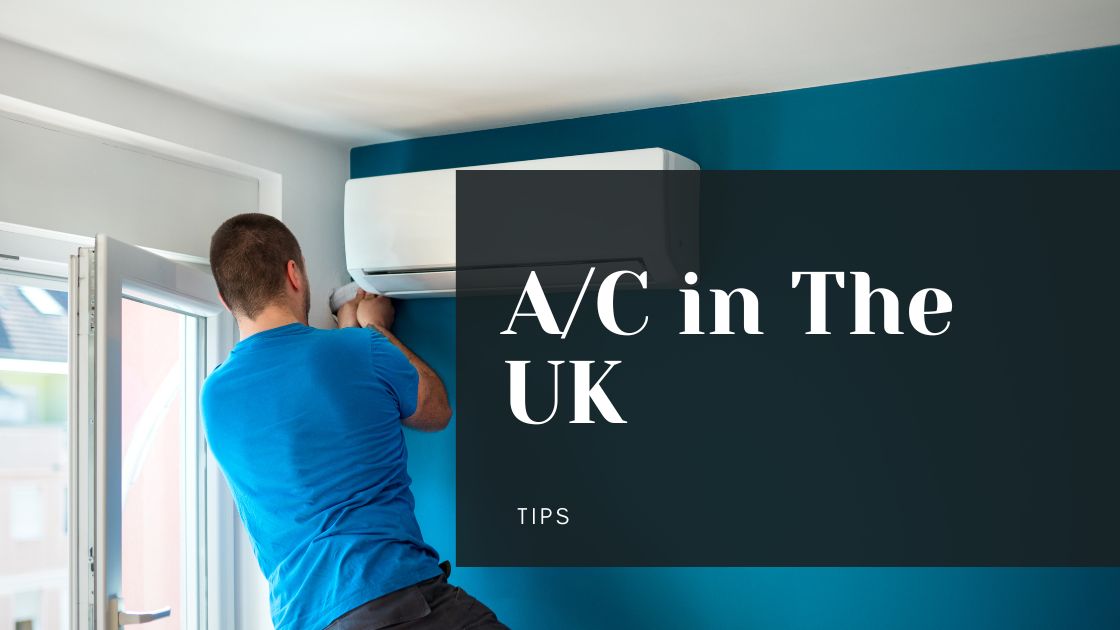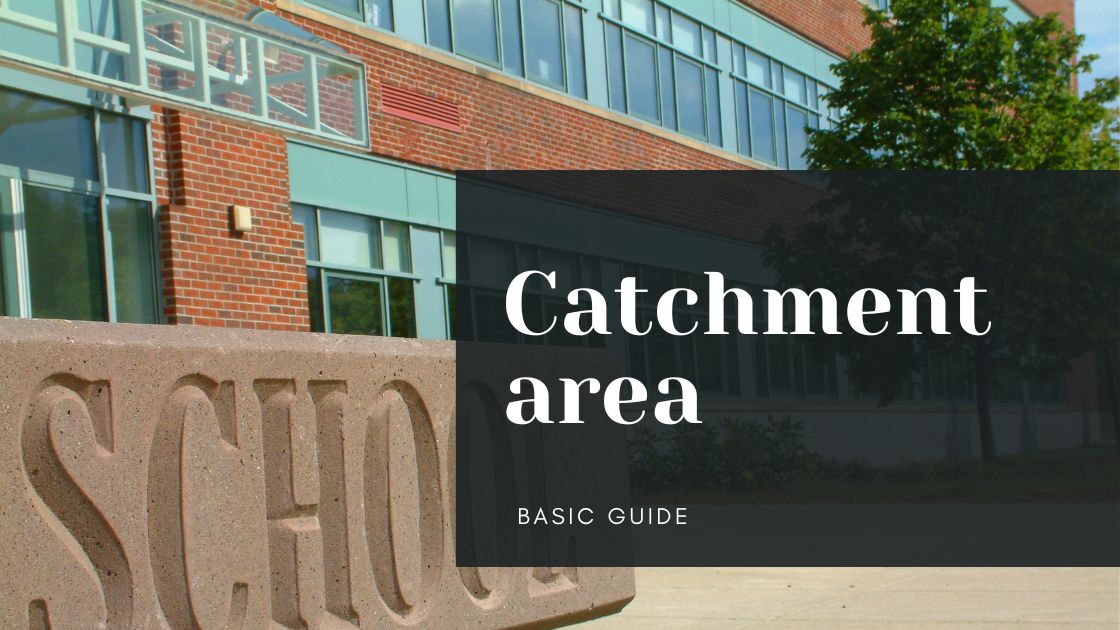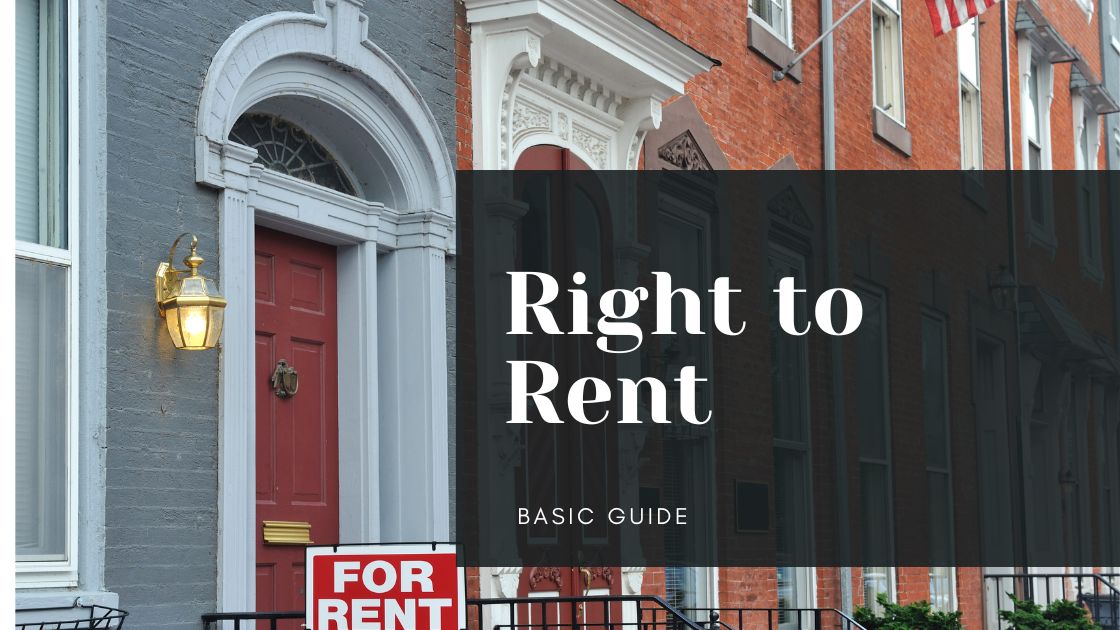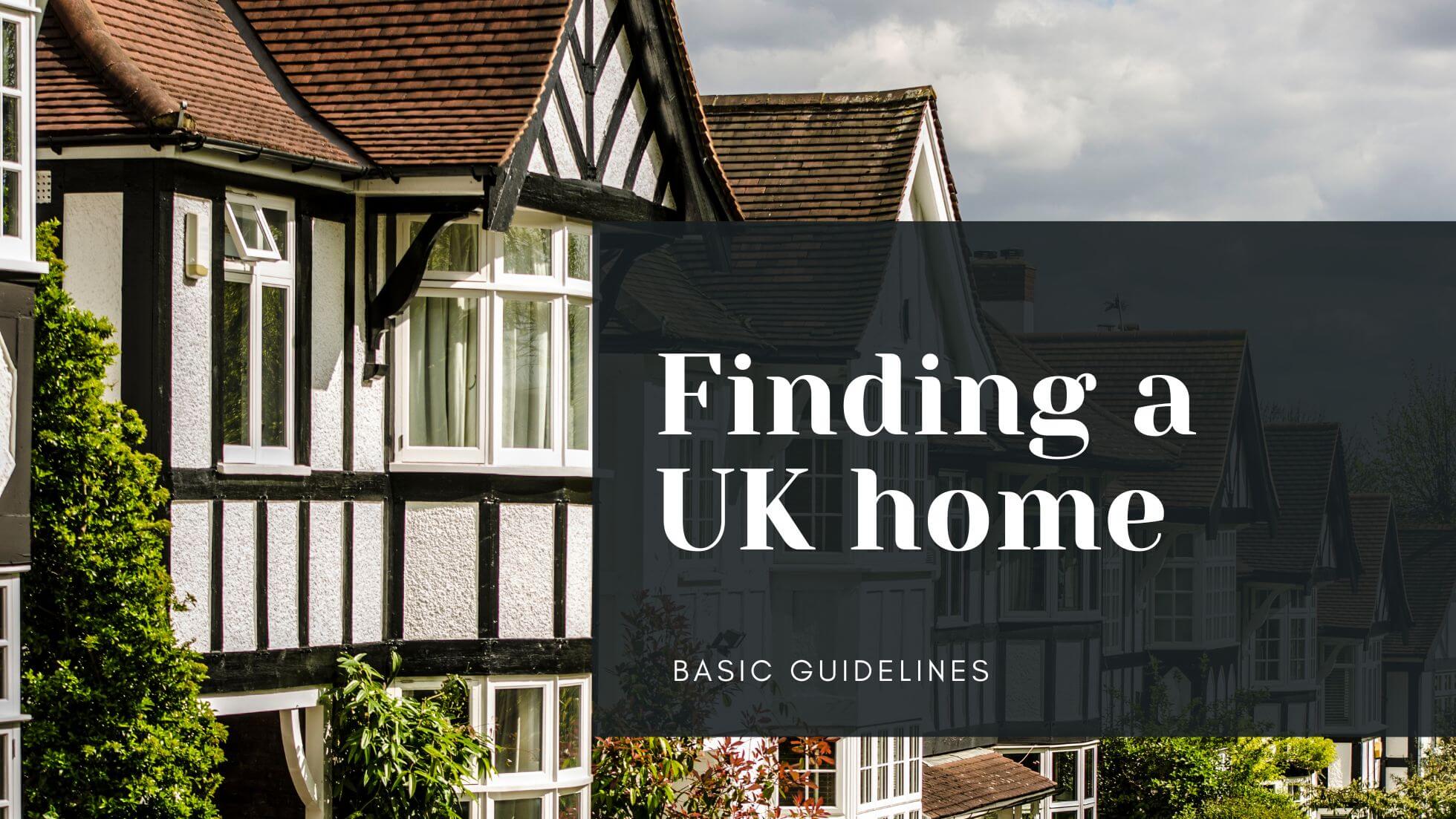If you’re considering moving your family to the UK, whether for a fresh start, a new job, or just a change of scenery, getting your head around the different visa options is a good place to start. Relocating takes more than putting all your belongings in boxes and catching a plane. You’ve got to make sure you’ve got the paperwork and visa sorted.
The kind of visa you’ll apply for will depend on the reason for your move. Are you going over for work, to study, or to be closer to family? Or perhaps you’re just after a long holiday to see what life on this side of the pond is like? Whatever the reason, there’s a specific visa for each. So, let’s help you find the right one and make your move as smooth as possible.
Overview of the UK Visa System
The UK visa system can seem like a maze, especially when you’re juggling the needs of a family. If you’re not from the UK or the Republic of Ireland, you’ll likely need a visa to live, work, or even visit. As mentioned above, the type of visa depends on what you plan to do in the UK.
The application process is pretty straightforward but does require a bit of legwork. You’ll need to fill out an application online, pay the visa fee, and then schedule a slot at a visa application centre to give your fingerprints and a photograph. For families, this means ensuring everyone’s documents are in order.
The timeline for hearing back about your visa can vary. It might take a few weeks for a visit visa or even longer for other types, like a work or family visa. It’s a good idea to look at the official UK government website for the most accurate information. They’ve got a handy section that covers everything you need to know, including the list of required documents, which can be specific.
Different Types of Visas
There are loads of different UK visas, and picking the right one makes a difference. Each type has its own set of rules and boxes to tick, so you’ll want to take a good look at what suits your situation best. I know it can be a bit of a headache, but getting it right from the get-go can save you a ton of hassle later on.
- Work Visas. Work visas are designed for individuals who want to get a job in the UK. The eligibility and requirements for work visas depend on the type of work visa you want and your circumstances, including job offer, salary, and skill level.
- Study Visas. If you want to study in a UK university or even get your child a UK education, this is the visa you need.
- Visitor Visas. These visas are for people who want to come to the UK for a short period, to visit family or friends, or for business activities such as attending meetings or conferences.
- Family Visas. This is the visa you need to reunite with your family in the UK for a longer stay or permanently. This category includes visas for partners, fiancé(e)s, proposed civil partners, children, parents, and relatives providing long-term care.
- Transit Visas. if you’re just passing through the UK en route to another destination, you’ll still need to get a visa sorted.
Work Visas
Work visas are your gateway to legally working in the UK. They’re your ticket to earning a living, contributing to the economy, and integrating into British society. Without a work visa, you can’t just up and decide to start working in the UK, even if you’ve landed your dream job.
The type of visa you’ll need depends on the kind of work you’re planning to do, your skill level, and sometimes even your salary. It’s not one-size-fits-all, and finding the right fit is key to making your transition as smooth as possible for you and your family. There are many types of UK work visas, but we’ll go over the ones that are most sought after.
Health and Care Worker Visa
If you’re in the health and social care sector, this one’s for you. This visa is for doctors, nurses, and other medical professionals moving to the UK to work in the NHS or an NHS supplier. In the past couple of years, the UK healthcare sector has faced severe medical worker shortages, which is why, in 2022, around 73,000 applicants were granted work visas.
But to be eligible, you need a job offer from the NHS, an NHS supplier, or an adult social care provider. Also, your job needs to be on the list of eligible occupations, and you’ve got to have the right qualifications for the job. The application process itself is pretty straightforward. You apply online, prove your identity, and provide your documents. It’s also worth noting that this visa has a few perks, like a fast-tracked application process and reduced visa fees.
Skilled Worker
This one’s broader and covers a range of jobs, from IT to finance and more. If your job offer is from a UK employer and fits into the eligible occupations list, you’re on the right track.
The catch here is that you need to meet a minimum salary threshold of £38.700, which generally depends on the specific job you’re being offered. It’s all about making sure skilled workers coming to the UK are being paid appropriately for their roles.
For this visa, you’ll need to show you have a job offer from an approved employer, meet the job’s skill level, and hit that salary threshold. The application process involves many of the same steps as the Health and Care Worker visa, with an emphasis on proving your job offer and salary meet the requirements.
Global Talent Visa
This type of visa is for high-flyers, think scientists, researchers, artists, and the like. People who are recognised as leaders or potential leaders in their fields. To get your hands on one of these, you’ll need to be endorsed by an authorised body that says, “Yep, they’re the real deal’’.
You need more than just your skills. There’s a rigorous application process, and you’ll need to show that you’ve got recognition at a high level for your work. But if you tick all the boxes, this visa can give you and your family a good route into the UK.
Temporary Work Visas
These are for folks who intend to work in the UK but only for a short while. In 2023, the number of temporary workers in the UK dropped 0.79%, so we could always use more folks to fill in the gaps.
The types of work covered and the length of stay allowed vary quite a bit. Generally, you’re looking at a period of a few weeks to a couple of years, depending on what you’re doing. It’s perfect if you’re not looking to settle permanently but still want to experience living and working in the UK for a bit.
Other Types Of Work Visas
The UK has a whole menu of work visas you could apply for, each tailored to different needs and circumstances. Whether you’re coming over as a skilled worker in a specific industry, setting up a business, or transferring within an international company, there’s likely something that fits your situation.
Study Visas
After the release of the Harry Potter series, many of us fantasised about roaming the halls of an old university like Oxford or Cambridge or spending hours in a library surrounded by tall shelves of books. With a UK study visa, you have a chance of fulfilling that dream. Whether it’s for your kids, yourself, or another family member, the UK offers several visa options depending on the kind of study and the duration. So, let’s see what’s on offer:
- Student Visa. If you or a family member are looking at higher education or post-16 education at a UK institution, this is the visa for you. For this visa, you’ll need to have an offer from a licensed student sponsor, and yes, this means the institution has to be officially recognised. You’ll also need to prove you’ll have some sort of financial support during your studies. In the 2021/22 school year, there were around 679,970 international students in the UK, so you’ll be in good company.
- Child Student Visa. This one’s for kids aged between 4 and 17 who want to study at an independent school in the UK. Like the Student visa, the school needs to be a licensed sponsor, and you’ll need to have a spot confirmed for your child. On the guardianship front, if your child is under 12, you need to sort out adequate arrangements for their care in the UK. That could mean moving with them or arranging for someone else to take care of them while they’re studying.
- Short-term Study Visa. For those looking to brush up on their English, the Short-term study visa might be a perfect fit. This visa is aimed at folks coming to the UK to participate in an English language course that’s up to 11 months long. It’s a good pick if you’re not planning on a longer course of study but still want a substantial period to improve your English skills. But this visa comes with restrictions. You won’t be able to work, including work placements or work experience, nor can you extend this visa.
Family Visas
When you’re thinking about moving to the UK with your family, or perhaps you’re already here and looking to bring over loved ones, getting your head around the different types of family visas can feel a bit like you’re trying to solve a puzzle without the picture on the box. Let’s make it simple so you can figure out what applies to you.
Spouse Visa
A visa for those of you married to or in a civil partnership with a British citizen or someone settled in the UK. Your relationship needs to be genuine and recognised by UK law, so no funny business. You’ll also need to prove that you and your partner can financially support yourselves (and any dependents) without dipping into public funds.
Currently, the financial requirement stands at earning a minimum annual income of £18,600, but this increases if you’re also sponsoring children. And yes, you do need to have a good grasp of English, so now’s the time to brush up on your language skills if you need to.
Parent Visa
This visa is aimed at parents who want to move and live with their children in the UK. To be eligible, your child must either be a British citizen or settled in the UK. One of the criteria here is that you need to prove you have sole responsibility for your child or at least access rights.
It’s worth mentioning that you’ll have to deal with the healthcare surcharge as part of your application, but once you’re through, you’ll have access to the National Health Service.
Child Visa
If you have children who want to come and live in the UK with you, this is the visa to apply for. The age limit here is under 18, and you’ll need to show that the child doesn’t have a spouse or a civil partner. You’ll need proof that they’re not leading an independent life and are financially supported without relying on public benefits. If you’re already in the UK and want to bring your child over, you’ll need to show that you have the right to stay in the UK permanently.
Visitor Visas
When you’re planning a short trip to the UK, whether it’s for a bit of sightseeing or attending a mate’s wedding, you’ll likely need a Visitor Visa. Two common types that might catch your eye are the Standard Visitor visa and the Marriage Visitor visa.
Let’s look at both types in a little more detail:
- Standard Visitor Visa. Did you know that 37.5 million tourists visited the UK in 2023? And most of them probably had to get a visitor or tourist visa. It allows for leisure visits, including holidays and seeing family or friends, as well as business trips and short educational courses. You can stay in the UK for up to 6 months on this visa. Just enough time to soak in British culture and visit a few landmarks.
- Marriage Visitor Visa. If you’re coming over to tie the knot or form a civil partnership but aren’t planning to stay afterwards, the Marriage visitor visa is what you’re after. It’s meant for those who want to marry your partner or register a civil partnership in the UK but live outside the European Economic Area (EEA) and Switzerland. You’ll have six months to say your ‘I dos’, and unlike the Standard Visitor visa, you can’t switch this one for another visa type while you’re in the UK. The application process involves proving your relationship is genuine and that you plan to leave the UK after your visit. You need to show that you can support yourself or that someone else will be footing the bill for you.
Transit Visas
The UK is a big transit hub, and out of all international travellers that passed through its airports in 2022, 16% were headed to other parts of the world. If you’re passing through the UK on your way to another country, you might need a little heads-up on transit visas. Not every visitor needs a transit visa, but if you do, figuring out which one is key. There are mainly two types:
The Direct Airside Transit Visa (DATV)
If you’re passing through UK border control but need to catch a connecting flight in the UK, you’ll need to get a DATV. It’s perfect if your layover between flights doesn’t involve changing airports or you don’t need to leave the airport’s international transit area. If you’re from certain countries, you’ll need to check if you’re on the list that requires a DATV.
However, there are exemptions. For example, if you already have a visa or permit for the UK, Ireland, the USA, Canada, Australia, or New Zealand, you might not need a DATV. Also, if you have a residence permit from one of the European Economic Area (EEA) countries or Switzerland, you can give the DATV a miss.
Visitor in Transit Visa
If you’re going through UK border control but plan to leave the UK within 48 hours. This is the one you’ll need if you’re switching airports in the UK or if you’ve got a bit of a wait and want to step outside for some fresh air (or a cheeky Nandos with the kids).
For this one, you’ll need to apply in advance, and you’ll need to provide details of your onward journey, proving that you’re leaving within the next 48 hours. Make sure your travel plans are in order and any necessary documents are ready to show as evidence.
Ancestry Visa
If you have British roots and are eyeing a move to the UK with your whole family, you might want to look into the Ancestry visa. It’s a visa that lets you live, work, and even study in the UK because one of your grandparents was born there. Sounds neat, right? To prove you’re eligible for this visa, you need to show that you have a grandparent born in the UK, the Channel Islands, the Isle of Man, or even before 1922 in what’s now the Republic of Ireland.
You’ve got to be 17 or older, have enough money to support yourself (and your family, of course), and plan to work in the UK. The perks? Apart from the obvious, like working without another visa, you can also bring your partner and kids under 18 with you. Your family can live, go to school, and enjoy life in the UK while you work towards getting a permanent residence, known as ‘indefinite leave to remain,’ after five years.
Preparing for the Visa Application
As you get your ducks in a row for the visa application, having the right paperwork can smooth out the process. Start by rounding up the documents you’ll need to apply. This includes birth certificates for everyone in the family, including the kids.
If you’re married, you’ll need your marriage certificate too. If you’re coming from a non-English speaking country, check if your country issues international copies of these documents; otherwise, you’ll need to sort out certified translations as well.
You’ll need to provide proof of your financial situation. That isn’t just about showing you’ve got enough money in the bank to support your family in the UK; it’s also about meeting the financial requirements set by the visa application guidelines.
Make sure you’ve got everything sorted – bank statements, salary slips, and any other financial proof that shows you can hold your own. Don’t forget about the English language proof. Whether it’s a test result or an academic certificate, make sure it’s ready to go.
The Final Choice
Picking the right visa for your family’s move to the UK is more than just a box-ticking exercise. It’s about making sure you’ve got the foundation laid for a smooth start to your new chapter. Take your time to look into each option and sort out your paperwork. You’re not just about jumping through hoops. You’re setting yourselves up for a successful move.
If you’re feeling a bit lost or just want to double-check you’ve got it all covered, it’s a smart move to check out the official UK government website or chat with an immigration advisor. They’re your go-to for the latest info and tailored advice. After all, a bit of preparation now can save you a heap of time and stress later.


